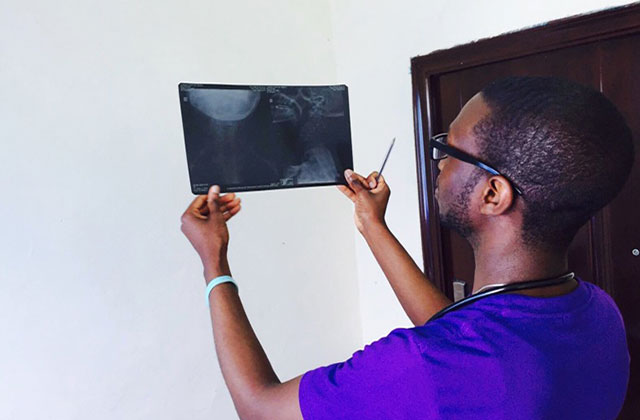The intersection of race and health is raising alarms for some physicians and researchers who say that COVID-19 is going to hit the Black community especially hard for a number of reasons, according to an article from U.S. News and World Report published on March 25.
A group of Virginia doctors has demanded that the Centers for Disease Control and Prevention (CDC) and the World Health Organization (WHO) release information about who has access as the nation struggles with test shortages. Currently, the CDC’s site for Testing in U.S does not include demographic breakdowns.
Lisa Cooper, an internist and social epidemiologist at Johns Hopkins Bloomberg School of Public Health, told U.S. News that she expects the Black community to be hit harder than other socially disadvantaged groups "because as a group, African Americans in the U.S. have higher rates of poverty, housing and food insecurity, unemployment or underemployment, and chronic medical conditions and disabilities." Copper added that Black people "also have less access to health insurance and paid sick leave, and poorer access to quality health care."
In addition to fearing lost wages and working while sick, which Cooper said will increase the spread of the virus in the community, Melody Goodman, associate dean for research at the New York University School of Global Public Health, said there are also socioeconomic consequences. "If supermarkets and pharmacies are the only places to stay open, what happens if your community doesn’t have either one of these businesses?" Goodman asked.
The issue of race and health is layered, and Goodman questioned the outcomes for Black people who are already vulnerable. "What happens to the people with chronic conditions who are already living check to check? Can they really afford to stock up on food and medication?” Goodman asked. “For people in households where toilet tissue was already a major household expense, what happens when the prices go up because there is limited supply? How do you socially distance, self-isolate or even quarantine if you live in a house with several other people?"
In addition to President Donald Trump being accused of spreading misinformation, the Black community’s experience-based mistrust of the medical industry and the government, and projections that doctors will soon have to decide who receives treatment and who doesn’t, U.S. News reported that medical professionals fear the racial inequity rift could widen further as a result of the crises. This is why many are reportedly pushing the federal government to use a chunk of the recently passed economic relief fund to reduce the racial disparity between Black and White people, improve community health care systems and provide factual information to the Black community about the dangers of COVID-19.
"The communication should be frequent, clear, transparent and credible,” Cooper said. “The messages should convey empathy and respect for the wisdom and experience that exists within these communities. Specific falsehoods should be corrected."
